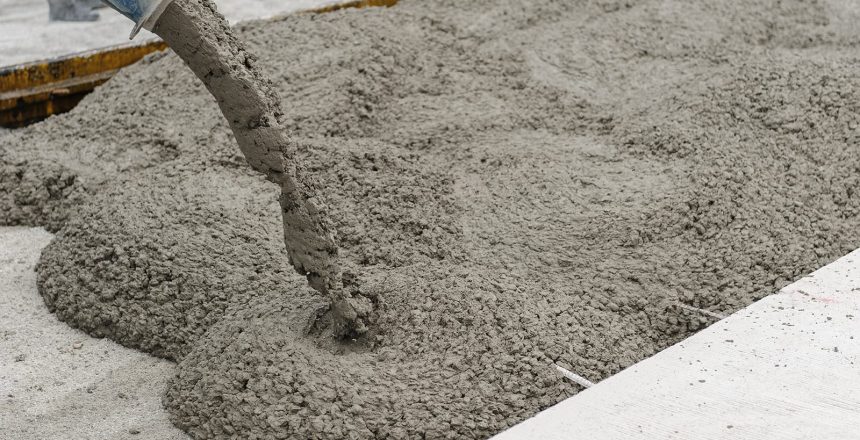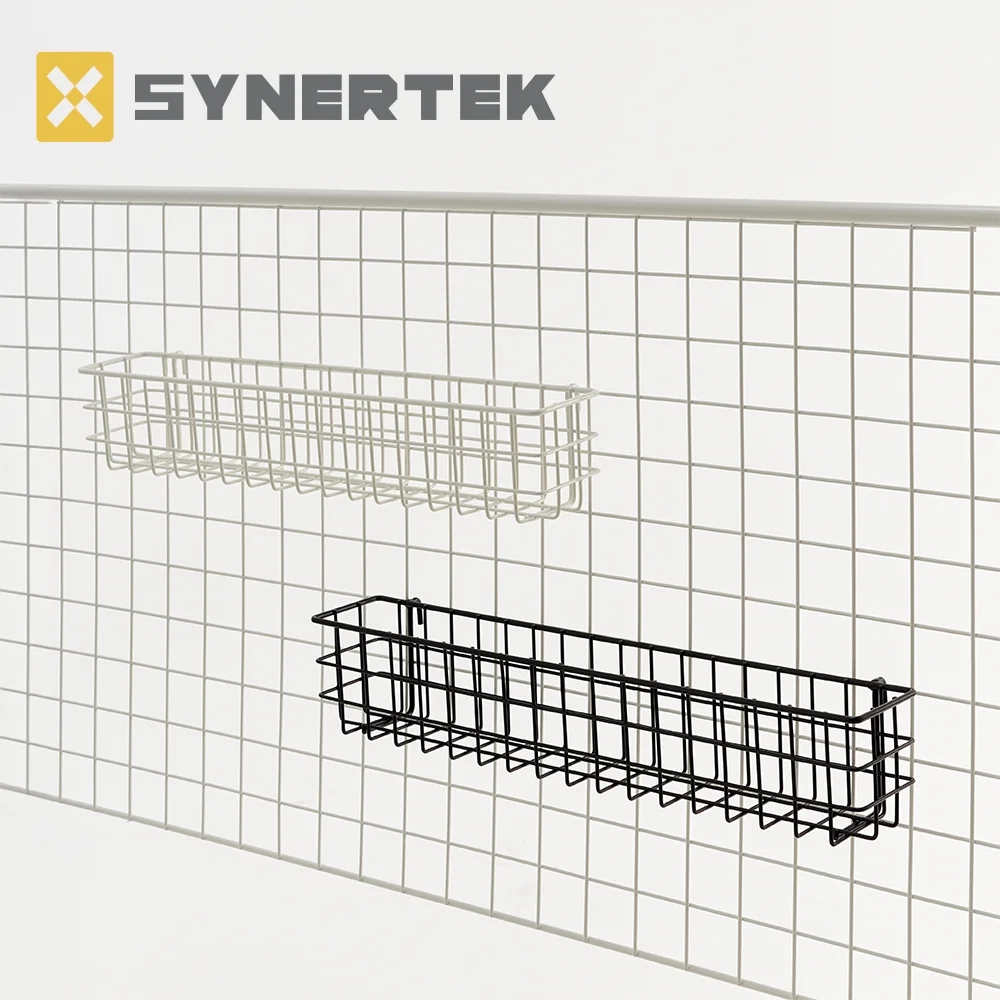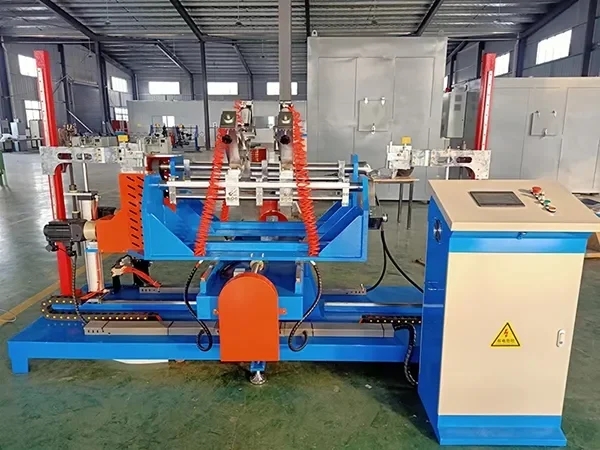
When it comes to building, choosing the right material is crucial for the success of any project. The material you choose will determine the durability, strength, and overall quality of the structure. With so many options available, it can be overwhelming to decide which material is the best fit for your project. In this article, we will explore the different materials commonly used in building and help you determine which one is the best for your needs.
- Concrete
Concrete is a popular building material due to its strength and durability. It is made by mixing cement, water, and aggregates such as sand and gravel. Concrete is versatile and can be used for a variety of structures, including foundations, walls, and floors. It is also fire-resistant and can withstand extreme weather conditions. However, concrete is not the most environmentally friendly option and can be expensive. - Wood
Wood is a natural and renewable resource that has been used in building for centuries. It is a popular choice for residential construction due to its aesthetic appeal and affordability. Wood is also a good insulator and can help reduce energy costs. However, wood is susceptible to rot, insects, and fire, and requires regular maintenance to ensure its longevity. - Steel
Steel is a strong and durable material that is commonly used in commercial and industrial construction. It is resistant to fire, pests, and weather, and requires minimal maintenance. Steel is also recyclable, making it an environmentally friendly option. However, steel can be expensive and requires specialized tools and expertise to work with. - Brick
Brick is a traditional building material that is known for its durability and aesthetic appeal. It is made by firing clay or other materials in a kiln and can be used for walls, chimneys, and fireplaces. Brick is also fire-resistant and requires minimal maintenance. However, brick can be expensive and heavy, making it difficult to work with. - Stone
Stone is a natural and durable material that is commonly used in high-end residential and commercial construction. It is available in a variety of colors and textures and can be used for walls, floors, and countertops. Stone is also fire-resistant and requires minimal maintenance. However, stone can be expensive and heavy, making it difficult to work with.
In conclusion, choosing the best material for building depends on several factors, including the type of structure, budget, and personal preferences. Concrete is a popular choice for its strength and durability, while wood is a more affordable option with aesthetic appeal. Steel is a strong and environmentally friendly option, while brick and stone offer durability and aesthetic appeal. By considering these factors, you can determine which material is the best fit for your project.






